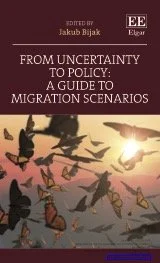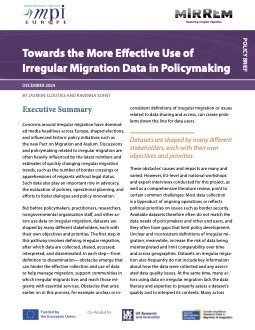By Jonathan Haggerty and Arthur Rizer
After the Trump administration implemented its “zero tolerance” immigration policy in early 2018, stories of children being ripped from their mother’s arms and extended family separations emerged. Initially, administration officials denied the existence of any policy aimed at separating families at the border. Others later claimed the separations were unintentional. However, a recent review of a leaked report from the Office of the Inspector General reveals both claims were false. This report revealed staff members from the White House and the Departments of Justice and Homeland Security met on multiple occasions to craft a plan, which they knew would separate migrant children from their parents, with the explicit goal of deterring illegal border crossings. The resulting outrage eventually prompted President Trump to partially rescind the “zero tolerance” policy and fueled the political left’s opposition to the Trump administration’s handling of immigration laws. As a new administration takes office, immigration advocates have produced an exhaustive list of border policies for the Biden White House to repeal, but this administration will have to prioritize which of the Trump-era immigration regulations to address first. And, while the political left undoubtedly presents a strong case against the “zero tolerance” prosecutions undertaken by its predecessor, a robust set of conservative arguments against this policy offers the Biden administration ample, cross-ideological support for a new approach.
R STREET POLICY STUDY NO. 212 November 2020, 7p.





















